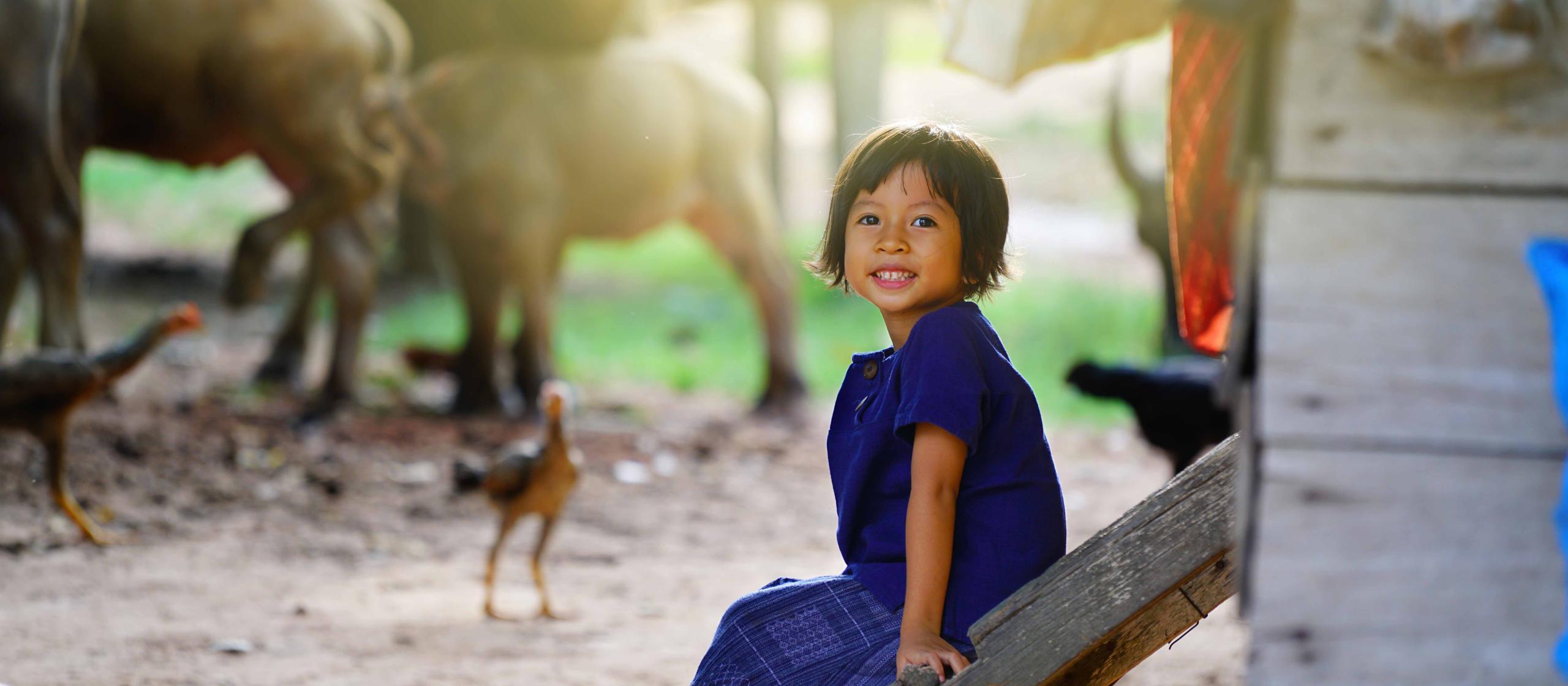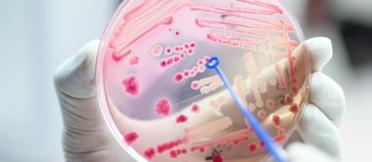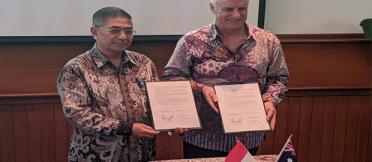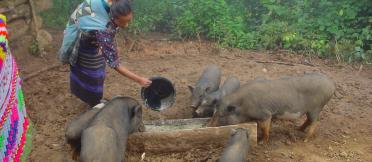- HomeHome
-
About ACIAR
- Our work
- Our people
-
Corporate information
- ACIAR Audit Committee
- Commission for International Agricultural Research
- Policy Advisory Council
- Agency reviews
- Executive remuneration disclosure
- Freedom of information (FOI)
- Gifts and benefits register
- Information publication scheme
- List of new agency files
- Contracts
- Legal services expenditure
- Privacy impact assessment register
- Commonwealth Child Safe Framework
- Benefits to Australia
- Careers
- 40 years of ACIAR
-
What we do
- Programs
- Cross-cutting areas
- Resources
- Where we work
-
Funding
- Research projects
- Fellowships
-
Scholarships
- John Allwright FellowshipScholarships to study in Australia for ACIAR partner country scientists to have Australian postgraduate qualifications
- ACIAR Pacific Agriculture Scholarships and Support and Climate Resilience Program
- Alumni Research Support Facility
- Publications
- News and Outreach
Date released
03 November 2020
Never before has One Health Day held so much importance as Australia and the rest of the world continues to face the devastating impacts of the COVID-19 global pandemic.
Held annually on November 3, One Health Day provides a powerful platform for raising awareness about the need for scientists, researchers and government policy-makers to collaborate across countries and disciplines on new ways to manage global health security.
Based on the interconnectedness of humans, animals and the environment, One Health is a multidisciplinary framework for a greater understanding of the causes and effects of major public health threats. Such threats include zoonotic diseases like COVID-19 - those passed from animals to humans - and antimicrobial resistance, which has led to the evolution of ‘super bacteria’ that do not respond to standard treatments and cause disease in humans and animals.
Rather than search for solutions provincially or independently, the One Health approach is founded on partnerships between countries to enable collaboration of research, sharing of information and the joint use of finite resources.
Research Program Manager for Livestock Systems at the Australian Centre for International Agricultural Research (ACIAR), Dr Anna Okello, said One Health was not a new approach to public health, but it has become increasingly important in recent years.
'That’s because the relationships between people, animals and our environment are quickly changing, and these changes are driving the emergence of new diseases,' Dr Okello said.
'Human populations have grown into new geographic areas, leading to more people living in close contact with domestic animals, while deforestation and intensive farming practices have disrupted environmental conditions and habitats, providing new opportunities for diseases to pass to animals.
'The rise in international travel and trade allows diseases to spread easily and quickly over borders, highlighting the need for local, regional and global solutions that can only be reached through sharing research, resources and experience with regional and global partners.'
Dr Okello said Australia was providing strong support and building capacity in One Health Research, with the Federal Government investing $10 million in a group of projects addressing zoonoses, antimicrobial resistance and veterinary systems-strengthening.
Called Research for One Health Systems Strengthening (ROHSS), the program is delivered through a partnership between ACIAR and the Indo-Pacific Centre for Health Security (the Centre) within the Department of Foreign Affairs and Trade (DFAT).
The scientific, technical, social, and economic research being supported is designed to address gaps in policy and practice, strengthen One Health partnerships in the Asia-Pacific and bolster the regional response to ever-increasing disease threats across the region. In general, the program aims to:
- Explore social, ecological, and systems-based drivers and mechanisms for improved disease control
- Enhance surveillance and diagnoses of zoonotic diseases and antimicrobial resistance to reduce their impact
- Strengthen One Health collaboration within the region.
Dr Okello said the research program enabled Australia and its partners to address regional priorities, particularly those that impact food and livelihoods across the Pacific and South-East Asia.
'Many public health issues arising from animals also affect livestock productivity, which has an impact on livelihoods. A successful outcome from this work would be a greater understanding of how sectors can work together to optimise the benefits, whilst at the same time minimising risks across the Indo-Pacific region' she said.
'COVID has shown us that diseases don’t respect national boundaries. We need to work across sectors, regions and countries to find sustainable solutions.
'Building our One Health research capacity will enable Australia and our regional neighbours to better address emerging issues.'
DFAT Ambassador for Regional Health Security, Dr Stephanie Williams, said the partnership of ACIAR and the Centre demonstrates an understanding of a One Health approach.
'We are investing in very specific research projects that draw from all sectors,' Dr Williams said.
'While the Centre for Health Security has a lot of experience in human health, ACIAR comes from the agricultural side and by putting the two agencies together we can really capitalise on the shared pool of knowledge and resources to benefit the region.
'In this way, we aim to achieve better policy for better health security across the Indo-Pacific.'
Research for One Health Systems Strengthening comprises nine exciting projects to tackle a range of significant One Health challenges with partners in Indonesia, Fiji, Cambodia, Laos, Vietnam, and Papua New Guinea.
The projects include:
- Evaluating monkey-to-human transmission of malaria in Indonesia to improve detection of the disease in humans and to determine how agriculture and land-use affects the behaviour of disease-carrying mosquitoes.
- Establishing a molecular surveillance system of malaria parasites in Indonesia with capacity building in the use of new testing tools that can diagnose multiple species and help better understand the burden of zoonotic malaria in Indonesia.
- Scoping the magnitude of, and developing diagnostic technologies for, Antimicrobial Resistance (AMR) in Fiji. AMR, or antibiotic resistance, has led to the evolution of ‘super bacteria’ which do not respond to standard treatments and cause untreatable disease in humans and animals.
- Establishing Fiji as a leader in AMR management in the Pacific region by understanding the risk and economic burden of the public health threat.
- Improving health security at veterinary service markets in Cambodia, Laos, and Vietnam to minimise outbreaks of African Swine Fever and avian influenzas.
- Reviewing policies designed to help protect poultry farmers in Vietnam, Cambodia, and Laos from Highly Pathogenic Avian Influenza (H5N1) which passes between wild birds, domestic poultry, and humans.
- Assessing the health literacy of people in remote areas of Cambodia and Lao PDR to gain a clearer understanding of the villagers’ knowledge of how to safely raise and live around animals.
- Strengthening Papua New Guinea’s infectious disease surveillance and response systems to allow rapid identification and containment of outbreaks, resurgence, and resistance for the Japanese encephalitis (JE) virus and other mosquito-borne infections.
- Improving the diagnosis and care of Tuberculosis (TB) in Papua New Guinea by identifying the rates of infection attributable to different bacteria and the need for new diagnostic tools.
Leading national research, academic, government and industry organisations have been commissioned to implement ROHSS, including the Australian Centre for Disease Preparedness, Burnet Institute, CSIRO, Menzies School of Health Research, University of Melbourne’s Nossal Institute for Global Health and Swinburne University of Technology.
Researchers from these Australian agencies are working closely on the ground with key government, medical, research and public health representatives in Indo-Pacific nations.
'One Health really is the foundation of how we continue to work together to achieve the best health outcomes for people, animals, and the environment,' Dr Williams said.
To find out more about the program and projects, visit aciar.gov.au/one-health






